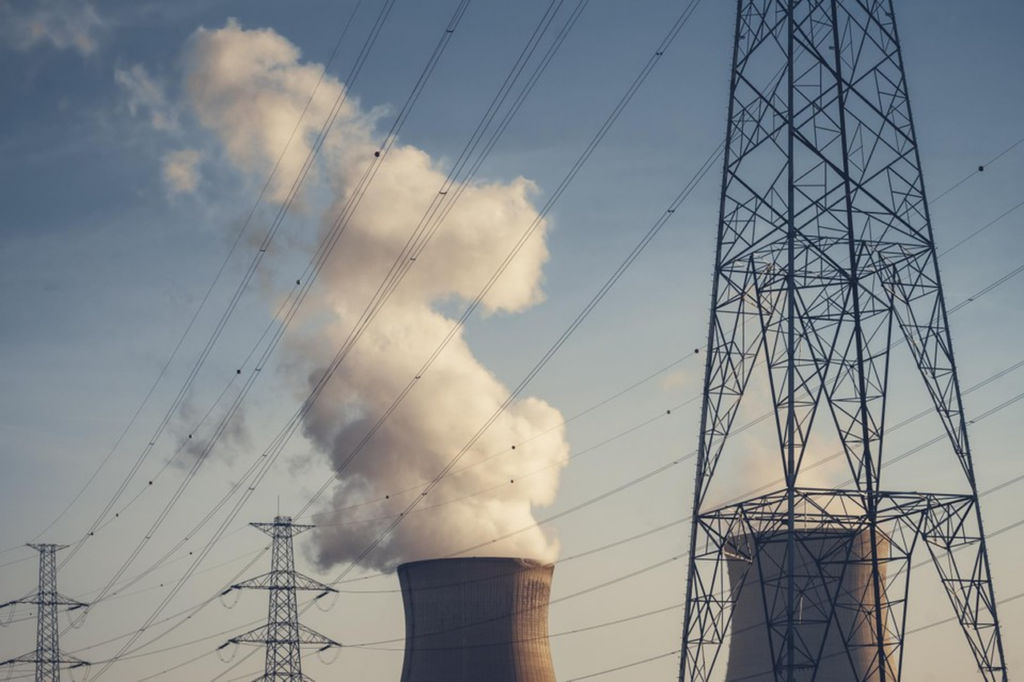Since the sharp rise in energy prices and Russia's invasion of Ukraine, Belgium has been transporting large volumes of gas from the port of Zeebrugge to Germany, according to De Tijd.
Fluxys Belgium does not trade in natural gas but as the Belgian gas grid operator, it has a crucial link in the gas trade. Pipelines from Norway and the UK arrive in Zeebrugge and ships can unload cargoes of liquefied natural gas (LNG).
"We are a major transit country for gas to Germany and now the Netherlands. Belgium is the crossroads, although it used to be the Netherlands," said Fluxys Belgium chairman Daniel Termont at the shareholders' meeting on Tuesday, reports De Tijd.
Related News
- EU to phase out Russian oil by the end of 2022 in sixth sanctions package
- Belgium and six EU countries to strengthen cooperation in gas storage
- Explainer: What shutting off Russian gas would mean for Belgium
Germany in particular is pushing to attract gas flows via Belgium as an alternative to gas supplies from Russia.
Of the 80 gigawatts that can be supplied via the terminal in Zeebrugge and the connected LNG terminal in Dunkirk (just across the border in France), almost 22.6 gigawatts are constantly flowing to Germany. That is roughly the average maximum capacity; there are temporary peaks of 30 to 34 gigawatts.
Therefore, Fluxys is looking into ways of structurally raising its capacity to 30 gigawatts in Germany. At the Zeebrugge LNG terminal, investments have already been started to be able to pump half as much natural gas into the grid.
Increasing capacity to Germany
Fluxys is also looking into ways to increase the capacity of pipelines to Germany. The most concrete possibility is to increase capacity between Ghent (in East Flanders) and Opwijk (in Flemish Brabant), according to CEO Pascal De Buck.
On that stretch there is only one pipeline, while there are two already in place between Opwijk and the German border. A second pipeline would serve to transport more natural gas, but would also be potentially suitable for the transport of hydrogen, the much-discussed fuel of the future.
"Investments must be compatible with hydrogen," De Buck said, while also reassuring shareholders about Belgium's security of supply. "There are no signs that this is under threat."
Belgium itself consumes little Russian gas. "If Belgium or Europe bans Russian gas, we will respect that," Termont said, pointing out that there is currently no ban on importing Russian gas by pipeline or LNG that is brought in via a ship without a Russian flag.

